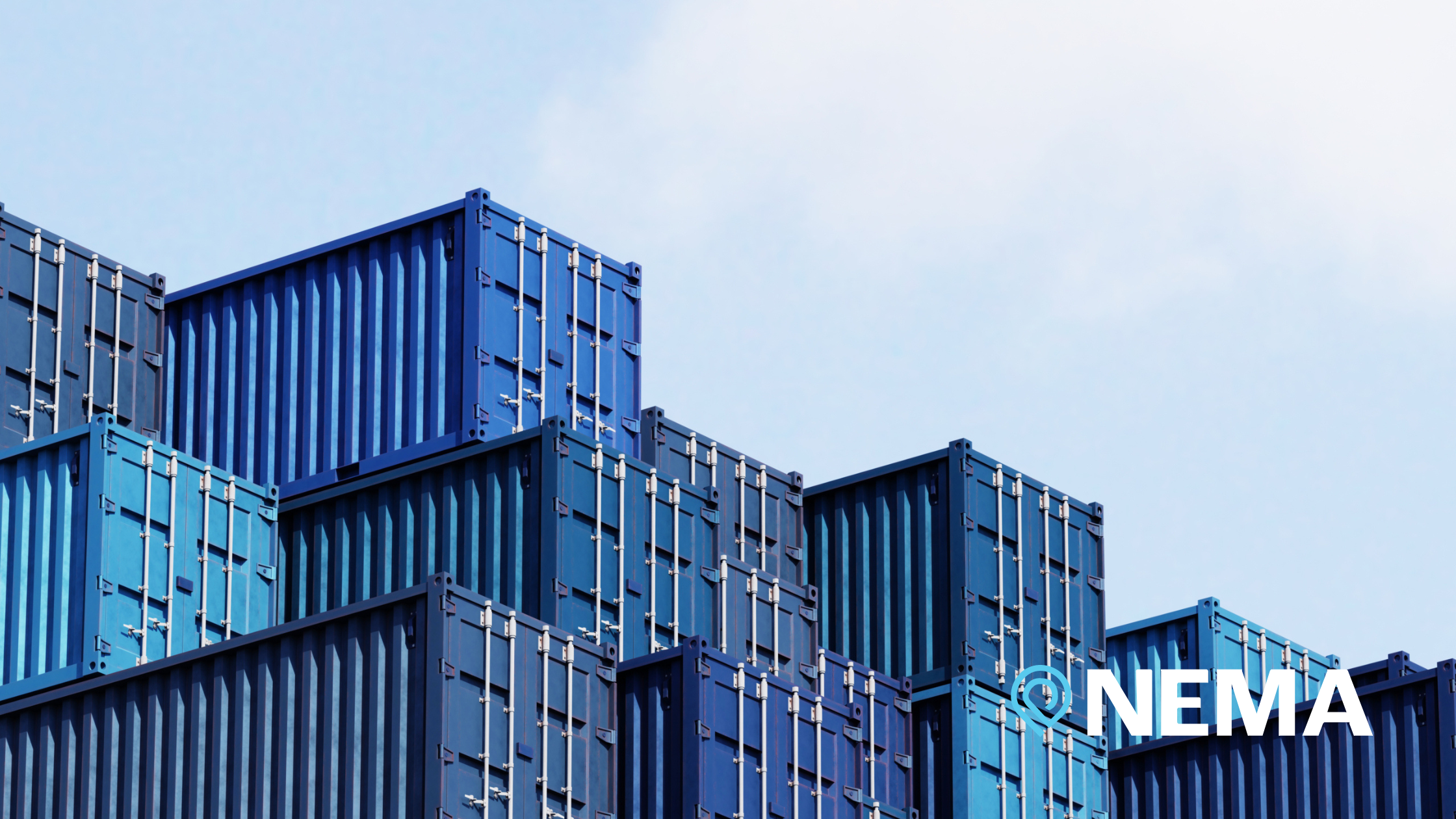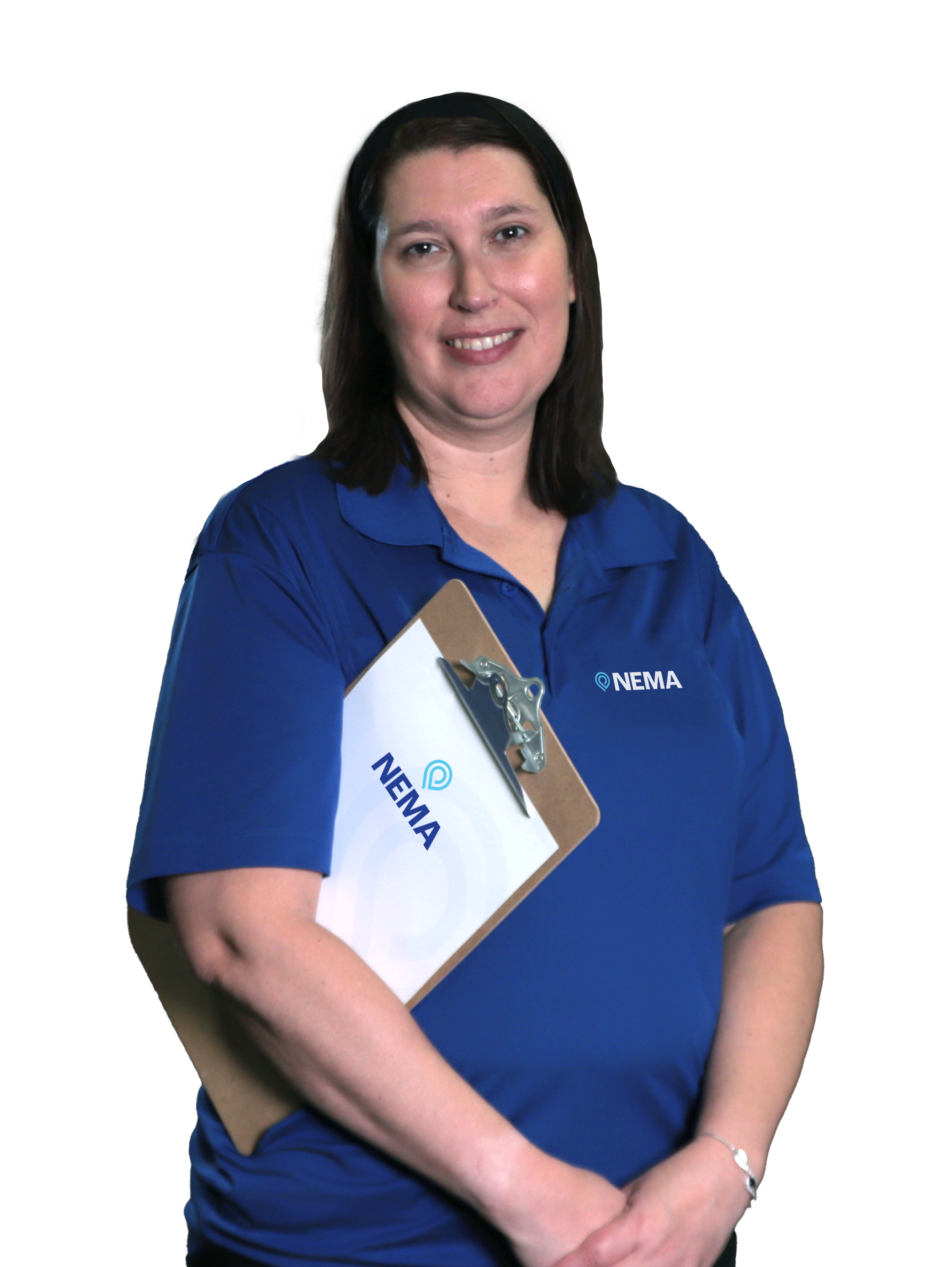
The global marketplace offers vast opportunities for businesses of all sizes, including manufacturers of large industrial textiles like conveyor belts, tarps, paper machine clothing, and landscaping fabrics.
However, these products present unique challenges when it comes to international trade. The intricate web of regulations, customs procedures, and documentation can be a labyrinth, leading to costly delays and potential fines if not navigated correctly.
The Complexity of International Trade Regulations
International trade regulations are designed to ensure the safety, security, and compliance of goods crossing borders. However, their complexity can be overwhelming, particularly for businesses unfamiliar with the intricacies of customs procedures and documentation requirements.
Here’s a glimpse into the challenges manufacturers of large industrial textiles face.
What Do I Need to Know about HS Code Classifications?
Accurately classifying your goods under the Harmonized System (HS) codes is crucial for determining the correct import/export duties and taxes. Large industrial textiles can fall under various HS codes depending on their material composition, functionality, and intended use. Misclassification can lead to significant penalties and delays.
NEMA’s team of logistics professionals possess in-depth knowledge of HS codes and can accurately classify your industrial textiles, ensuring proper duty and tax calculations.
What Customs Documentation is Required?
A plethora of documents are required for international trade, including:
- Commercial Invoices
- Packing Lists
- Certificates of Origin
- Potentially specific permits or licenses
Ensuring all documents are accurate, complete, and meet the specific requirements of the destination country is essential.
NEMA’s dedicated international team can handle the preparation and filing of all necessary customs documentation, ensuring your shipments meet all compliance requirements.
How Do I Maintain Country-Specific Regulations?
Each country has its own set of import and export regulations, often subject to change. Staying updated on these evolving requirements can be a time-consuming and complex task.
You can find country-specific regulations at:
- Government websites: Most government websites have dedicated sections for import and export regulations, providing detailed information on required documentation, HS codes, and applicable duties and taxes.
- International Trade Organizations: Organizations like the World Trade Organization (WTO) and regional trade agreements often provide resources and guidance on international trade regulations.
- Customs Brokers: Customs brokers specialize in navigating the complexities of international trade and can provide specific advice on complying with country-specific regulations.
You don’t have to tackle this alone. NEMA’s extensive network of partners across different countries provides access to real-time updates on regulations, ensuring your shipments comply with all requirements.
What Are the Duty and Tax Implications I Need To Be Aware Of?
Understanding the applicable duties and taxes associated with your goods is crucial for accurate cost calculations and avoiding unexpected financial burdens.
Duties and taxes can vary significantly depending on several factors, including:
- Destination Country: Each country sets its own import duties and taxes, with rates often fluctuating based on economic conditions and trade policies.
- HS Code Classification: As mentioned earlier, the accurate classification of your goods under the HS code system directly impacts the applicable duties and taxes.
- Value of Goods: Duties and taxes are often calculated as a percentage of the declared value of your goods.
- Free Trade Agreements (FTAs): If your country and the destination country have an FTA in place, you may benefit from reduced or eliminated duties on certain goods.
NEMA leverages its expertise and network to negotiate competitive rates and optimize customs procedures, potentially leading to significant cost savings.
By understanding the duty and tax implications and working with a knowledgeable logistics partner like NEMA, you can ensure accurate cost calculations, optimize your international trade operations, and avoid unexpected financial burdens associated with customs clearance.
What are the Consequences of Non-Compliance?
Failing to navigate the complexities of international trade regulations can have significant consequences:
- Costly Delays: Shipments held up at customs due to incorrect documentation or non-compliance can lead to significant delays, impacting production schedules and customer deliveries.
- Financial Penalties: Misclassification of goods or inaccurate documentation can result in hefty fines and penalties, impacting your bottom line.
- Reputational Damage: Repeated delays and non-compliance issues can damage your reputation as a reliable international trading partner.
These consequences can significantly impact your business, leading to lost revenue, damaged relationships, and operational disruptions.
4 Ways to Streamline the Process with a Logistics Partner
Partnering with a seasoned logistics provider specializing in international trade can significantly ease the burden of navigating the complexities of regulations.
Here’s how:
- Expertise in Customs Procedures: Experienced logistics professionals possess in-depth knowledge of customs regulations and procedures, ensuring accurate classification, documentation, and compliance with all requirements.
- Global Network of Partners: A strong network of partners across different countries allows for efficient handling of customs clearance and streamlined border crossings.
- Transparent Updates and Tracking: Access to transparent shipment tracking and updates provides greater visibility and control throughout the transportation process, allowing for proactive problem-solving if any issues arise.
- Cost Optimization: Logistics partners can leverage their expertise and network to negotiate competitive rates and optimize customs procedures, potentially leading to cost savings.
Optimize Your International Supply Chain with NEMA
By partnering with NEMA Logistics, you can experience the benefits of:
- Reliable Delivery: NEMA’s global network and expertise ensure your large industrial textiles reach their destination on time and in perfect condition.
- Personalized Solutions: NEMA tailors its services to your specific needs, providing customized solutions that streamline your international trade operations.
- Proactive Communication: NEMA keeps you informed throughout the entire shipping process, providing clear and consistent communication.
Successfully navigating the complexities of international trade regulations for large industrial textiles requires a deep understanding of customs procedures, meticulous attention to detail, and the ability to adapt to evolving requirements. Partnering with a knowledgeable and experienced logistics provider like NEMA can be the key to streamlining your international trade operations, minimizing risks, and ensuring the smooth flow of your goods across borders.
Contact NEMA today to discuss how our customized international trade solutions can transform your business and unlock a new level of supply chain efficiency. Let us be your trusted partner in navigating the complexities of international trade and driving your success in the global marketplace.



